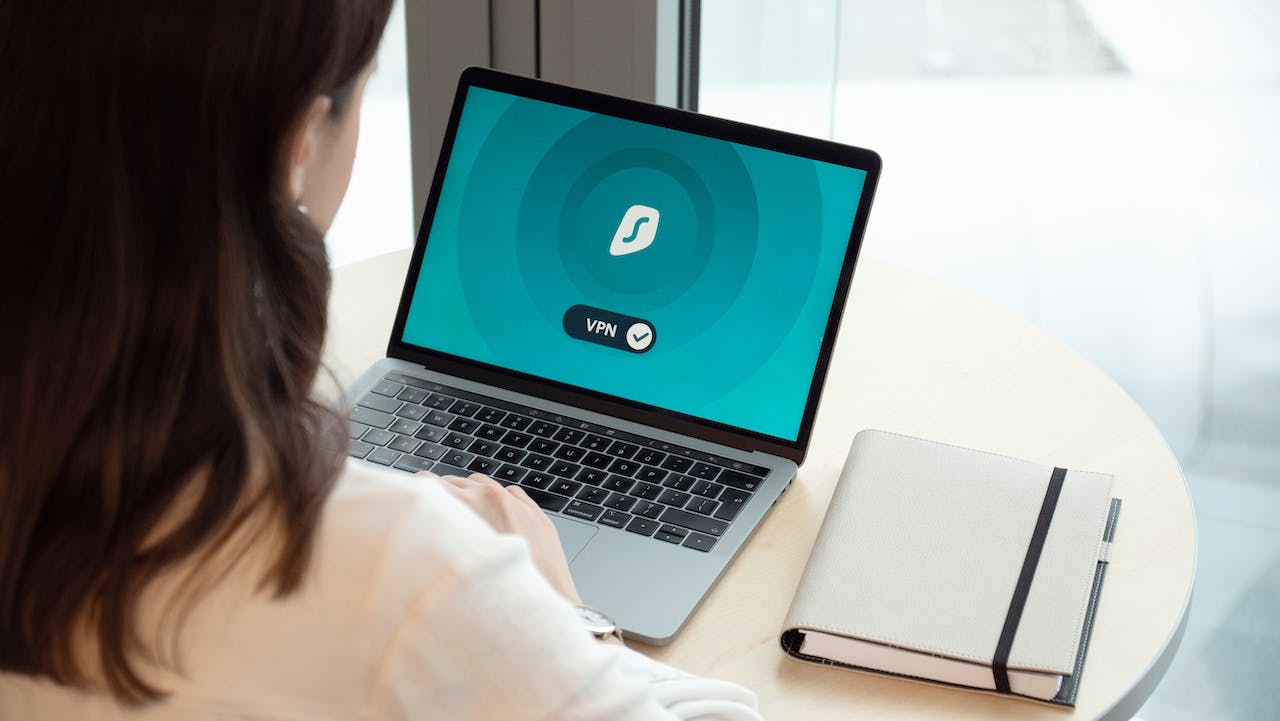In an age where our lives are increasingly online, the importance of protecting our digital profiles from hackers cannot be overstated. Cybersecurity threats are becoming harder to identify, making it crucial for individuals to proactively safeguard their personal information. This comprehensive guide will provide practical strategies, including the use of VPNs (Virtual Private Networks), to strengthen your digital security and protect yourself from cyber threats.
1. Understanding the Risks
The first step in protecting your digital profile is understanding the risks involved. Cyber attacks can result in identity theft, financial loss, and damage to your reputation. Hackers can access personal information through various means, such as unsecured internet connections, phishing scams, and malware.
2. Strong and Unique Passwords
One of the simplest yet most effective ways to protect your digital profile is by using strong, unique passwords for each of your online accounts.
- Complex Passwords: Use a varied mix of letters, numbers, and even symbols to ensure it is not guessable.
- Password Managers: A password manager can be great for generating strong passwords.
- Two-Factor Authentication: Enable two-factor authentication where available for an added layer of security.
3. Regular Software Updates
Keeping your software up to date is critical in protecting against hackers. Software updates often include patches for security vulnerabilities that hackers could exploit.
- Automatic Updates: It is best to switch to automatic software updates for your applications.
- Update Notifications: Pay attention to notifications for software updates and install them promptly.
4. The Role of Antivirus Software
Antivirus software is a key component in defending against malware and other cyber threats.
- Comprehensive Protection: Choose antivirus software that offers comprehensive protection, including real-time scanning and malware removal.
- Regular Scans: Perform regular scans to detect and remove any threats.
5. Utilising VPNs for Secure Connections
VPNs are essential tools for enhancing online privacy and security, especially when using public Wi-Fi networks. Find the VPN network that works for you via Cyber Security Guru.
- Encrypted Connections: VPNs encrypt your internet connection, making it difficult for hackers to intercept your data.
- Choosing a VPN Provider: Select a reputable VPN provider that adheres to a no-logs policy and offers strong encryption protocols.
- Consistent Use: Use a VPN consistently, especially when accessing sensitive information over public or unsecured networks.
6. Being Wary of Phishing Attempts
Phishing is a common method used by hackers to manipulate online users into revealing sensitive information.
- Recognising Phishing: Learn to recognise phishing attempts, such as suspicious emails or messages that request personal information or prompt you to click on unknown links.
- Verify Sources: Always verify the source before providing any personal information.
7. Secure Your Mobile Devices
Mobile devices are often a target for cybercriminals due to the wealth of personal information they contain.
- Lock Screens: Use lock screens with strong passwords or biometric locks.
- App Permissions: Be cautious about granting apps access to personal information or device functionalities.
- Avoiding Public Wi-Fi: Avoid conducting sensitive transactions over public Wi-Fi networks, or use a VPN.
8. Secure Your Home Network
Your home network can be one of the biggest gateways to access personal information.
- Strong Wi-Fi Passwords: Use a strong, unique password for your Wi-Fi network.
- Network Encryption: Ensure your Wi-Fi is encrypted using WPA2 or WPA3 protocols.
- Router Security: Keep your router’s firmware updated and change default settings.
9. Monitoring Your Digital Footprint
Regularly monitor your digital footprint to check for any unauthorised activities or exposures.
- Regularly Check Accounts: Regularly review your online accounts for any unusual activities.
- Credit Reports and Alerts: Consider using credit monitoring services to alert you to any unusual financial activities.
10. Educating Yourself and Others
Staying informed about the most recent cyber updates and cybersecurity tips is crucial.
- Stay Informed: Follow reputable sources for the latest information on cybersecurity.
- Educate Family Members: Educate your family, especially children, about safe online practices.
11. Backup Your Data
Regularly backing up your data ensures that you can recover important information if your devices are compromised.
- Automated Backups: Switch on automated backups to cloud storage.
- Test Your Backups: It is important to test your backups to ensure they are in working order.
Conclusion
Protecting your digital profile from hackers requires a combination of vigilance, knowledge, and the use of appropriate tools such as VPNs. By implementing strong passwords, keeping software updated, utilising antivirus software, being aware of phishing scams, securing mobile devices and home networks, monitoring your digital footprint, educating yourself and others, and regularly backing up data, you can significantly reduce the risk of cyber attacks. Remember, cybersecurity is an ongoing process, and staying informed and proactive is key to protecting your digital life in an increasingly connected world.

